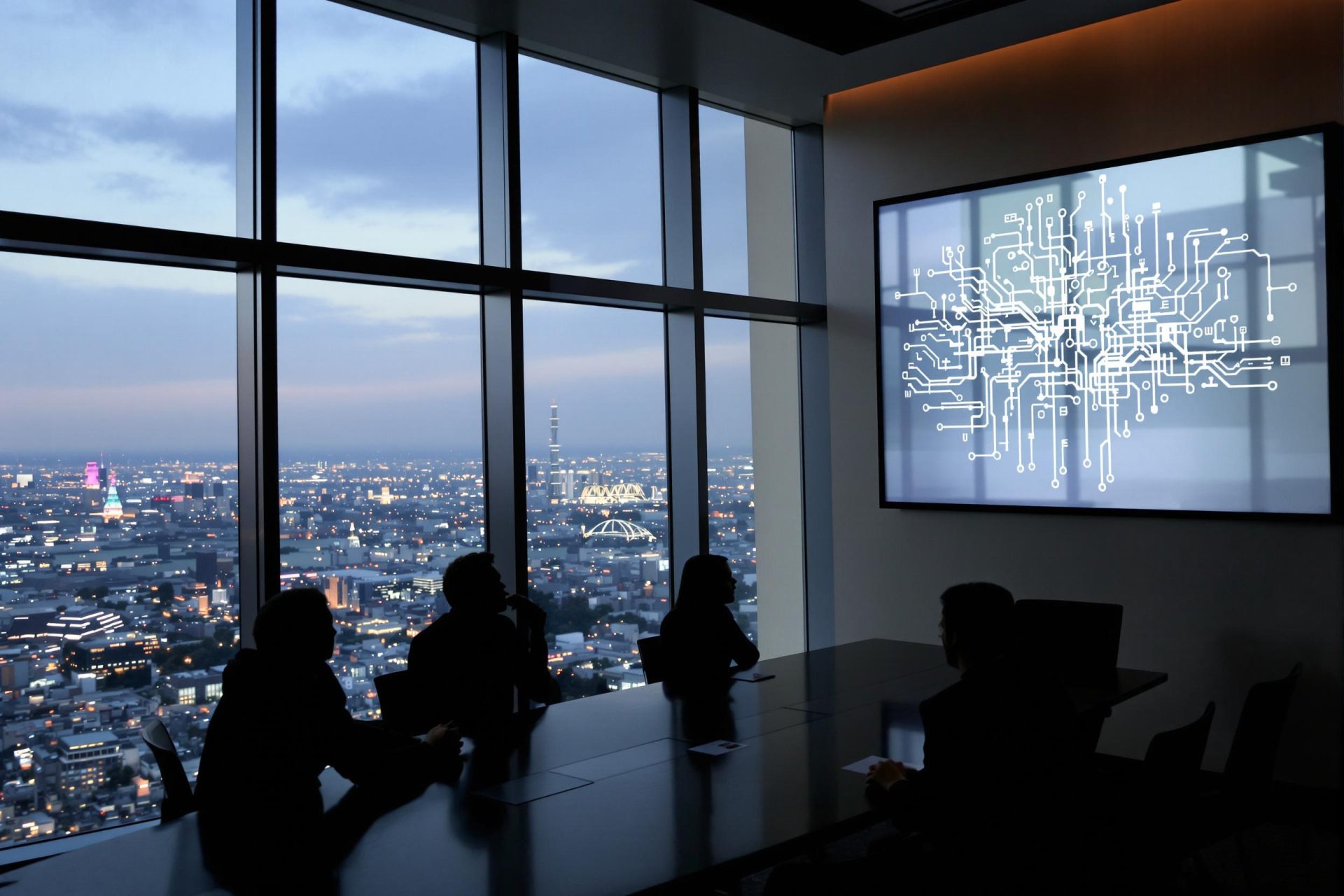Key Takeaways
- OpenAI, the creator of ChatGPT, will continue to operate as a nonprofit, abandoning earlier plans to become a for-profit company.
- The decision comes after discussions with civic leaders and aims to keep the nonprofit board in control.
- Concerns about prioritizing profits over AI safety had been raised regarding the potential for-profit shift.
- OpenAI’s commercial activities will proceed but remain under the supervision of the nonprofit board.
OpenAI, the influential artificial intelligence company known for ChatGPT, has announced it will maintain its nonprofit status. This marks a significant shift from a previous, controversial plan to convert into a for-profit entity, according to France24.
CEO Sam Altman confirmed the decision, explaining that the company’s structure had been a point of contention. Major investors had reportedly pushed for a for-profit model to better secure returns, while AI safety advocates worried about the implications of such a change.
In an email to staff, Altman stated, “OpenAI is not a normal company and never will be.” He added that the choice for the nonprofit to retain control was made after “hearing from civic leaders and having discussions with the offices of the Attorneys General of California and Delaware.”
Founded as a nonprofit in 2015, OpenAI later established a “capped” for-profit arm to attract investment, with Microsoft becoming a key early supporter. This unique structure nearly unraveled in 2023 when the board unexpectedly fired Altman, leading to his swift reinstatement after staff protests.
That period of instability heightened investor calls for OpenAI to transition to a more conventional for-profit structure. The initial plan involved becoming a for-profit public benefit corporation (PBC), a move intended to reassure investors considering the massive funding required for OpenAI’s ambitious projects.
However, any change in status would need approval from state governments in California and Delaware. The proposal also drew criticism from AI safety activists and co-founder Elon Musk, who sued the company, arguing it violated its founding principles.
Under the newly affirmed plan, OpenAI’s commercial wing will be fully able to generate profits. Crucially, it will remain under the oversight of the nonprofit board, ensuring its primary mission is not overshadowed by profit motives.
“We believe this sets us up to continue to make rapid, safe progress and to put great AI in the hands of everyone,” Altman remarked.
This decision could influence major investment deals. For instance, Japanese investment giant SoftBank had reportedly made its substantial $30 billion investment contingent on OpenAI becoming a for-profit entity. An official document indicated SoftBank’s investment might shrink if the restructuring didn’t happen by year-end.
OpenAI requires enormous capital to cover the colossal computing power needed to develop increasingly complex and energy-intensive AI models. Altman acknowledged that the company’s original vision didn’t anticipate “the needs for hundreds of billions of dollars of compute.”
Despite these structural debates, OpenAI, under Altman’s leadership, has become a Silicon Valley standout, especially since the 2022 launch of its groundbreaking generative AI chatbot, ChatGPT.



